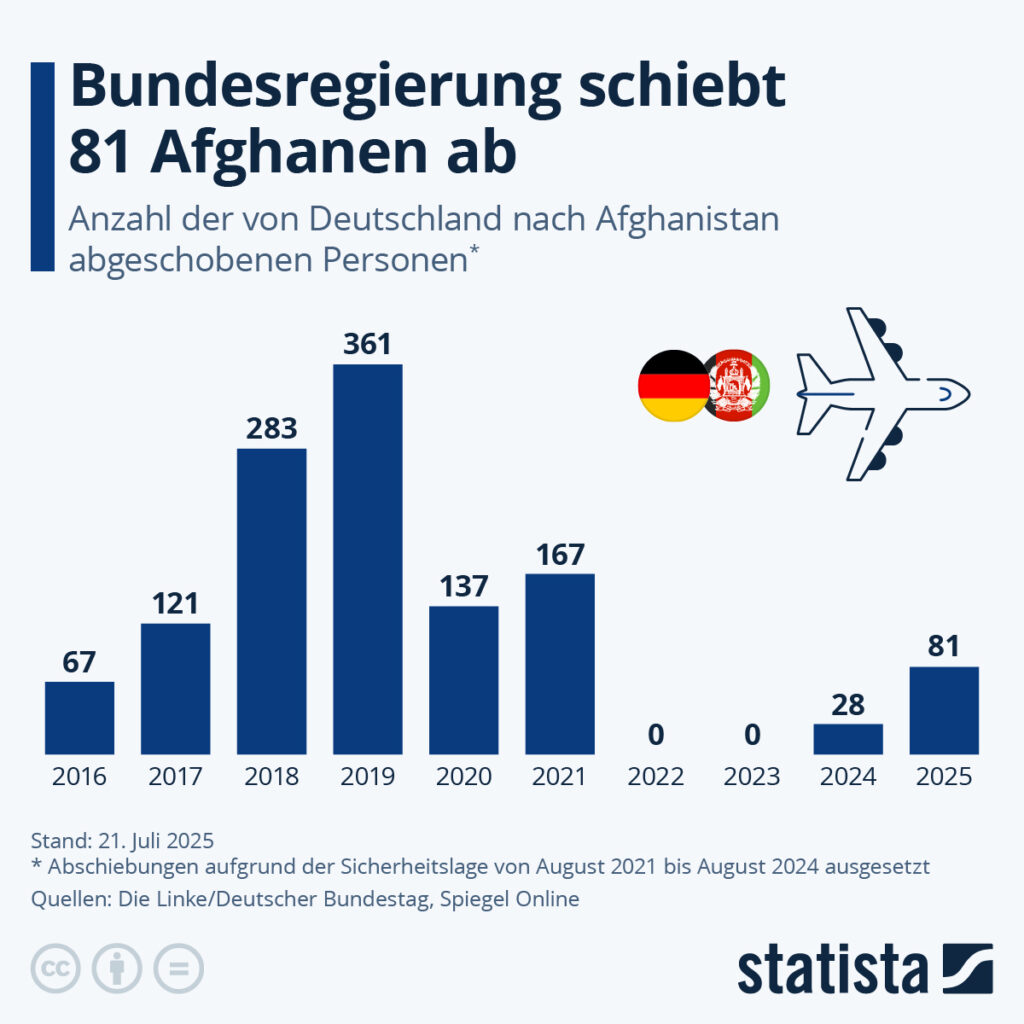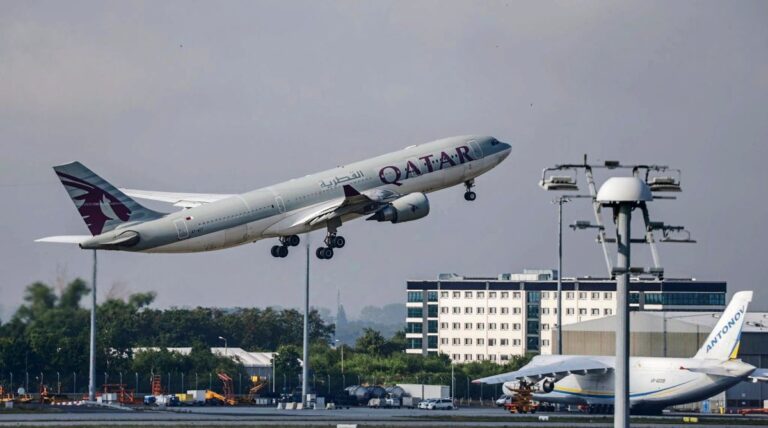Recent deportations of convicted Afghan criminals from Germany back to Afghanistan is drawing attention across Europe. The recent Commission’s proposal outlined legal provisions for setting up so-called “return hubs” and called for speeding up return of rejected asylum seekers. Controversies, however, remain.
“There is a great interest from other EU countries who would like to take part in such operations,” said Alexander Dobrindt, German Interior Minister, on Tuesday 22 July at an informal EU Home Affairs Council meeting in Copenhagen. Under the term “such operations” Mr Dobrindt had in mind successful deportation flight to Afghanistan conducted on Friday, 18 July.
Those who were required to leave Germany had made serious criminal offences – Alexander Dobridt, German Interior Minister
There were 81 Afghans on board returning to their country of origin. “They were required to leave the country having made criminal offences’, said Minister Dobridt to ARD broadcaster. He labelled the deported Afghans “serious offenders” and added that such people have no right of residence in Germany.
Another aircraft has taken off from Leipzig/Halle Airport with refugees on board who are obliged to leave the country on Tuesday, 22 July morning. This time, the aircraft’s destination is the Iraqi capital Baghdad.
Third countries’ cooperation necessary
Germany, the largest recipient of non-European migrants in the EU, is backing the idea of so-called return hubs. Establishing of these “hotspots” would be possible under the European Commission’s proposal of March 2025. The chief intention is to speed up the return of rejected asylum seekers. The plan includes legal provisions for setting up such facilities.
“We believe this is an innovative and absolutely necessary approach,” Minister Dobrindt said. He called for agreements with third countries near countries of origin.
You might be interested
Willingness of third countries, however, may become the crucial problem. In the case of 18 July, Qatar served as the intermediate actor. As reported by Tagesschau, the plane carrying deported Afghans last week was chartered from Qatar Airways and departed from Leipzig/Halle Airport to Kabul. Such a cooperation, however, comes at a price: third countries would seek financial compensation and – which is more important – could also demand political concessions.
Human rights concerns
In the case of Afghanistan, deportations are deeply controversial. Under the rule of Taliban, there is a risk of human rights violations in the country and the rule of law can not be guaranteed. As a result, the German Institute for Human Rights and a number of NGOs have already described deportations to Afghanistan as unacceptable.

Criticism came from also Germany’s Lawyers’ Association. “The deportations to Afghanistan are an attack on the principle of the universality of human rights. Protection against torture and inhumane treatment applies to everyone,” said Berenice Böhlo from the board of Lawyers’ Association.
The International Criminal Court has issued arrest warrants against the Taliban and stipulated that there must be no cooperation with the regime. Without such cooperation, however, no deportations would be possible.











